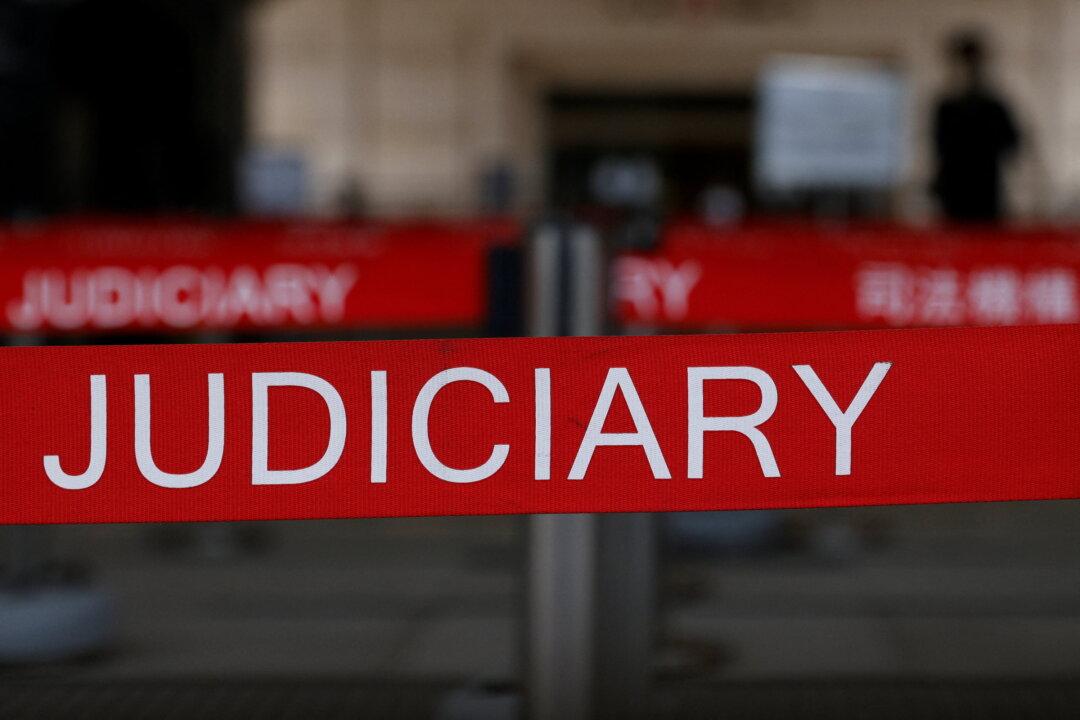HONG KONG—A Hong Kong court lifted restrictions on Thursday on reporting pre-trial proceedings of a landmark national security case involving 47 pro-democracy campaigners that has dragged on for more than a year.
The decision comes one day after the lifting of a reporting restriction for another national security case involving a civil society group behind Hong Kong’s annual candlelight vigils commemorating victims of the Tiananmen Square massacre in 1989.





